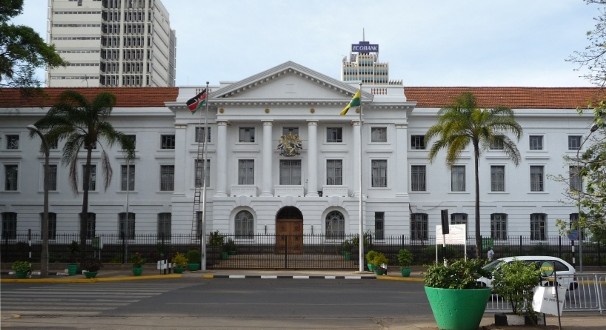
Nairobi County has spent the lowest percentage of its budget on development averaging at 13% according to the report ranking the development allocation of Kenyan Counties.
According to the report by the Office of the Controller of Budget (OCOB), Nairobi has been among the worst performing counties in the country.
Since the devolved governments implementation in 2013, the country’s counties have collectively allocated 30% of all their budgets to development and infrastructure.
The report, however, showed that personal emoluments such as salaries and allowances by county governments have taken up the biggest budget cuts since devolution standing at 44%.
Kisumu and Tana River counties were also put on the spot for being among the worst performing counties allocating only 2% of their respective budget funds to development in the first year of devolution.

The Commission on Revenue Allocation (CRA) has, however, revamped the policy governing how funds will henceforth be allocated to the 47 counties by the National Government.
The funds will be shared based on the population size, the poverty rate and the land mass size of the given counties while 26% of revenues will be shared equally among all counties in order to aid in governance.
Ironically Nairobi county treasury introduced new levies and higher taxes in some sectors through the proposed finance Bill however the County Ward Representatives have vowed to reject the bill until it is amended.

According to the bill proposed in a bid to bridge the 2018/2019 budget deficit,Nairobi residents are expected to pay more taxes on garbage collection which has been imposed on homes with those in informal settlements parting with Sh100 per month, Sh300 for middle case estates and Sh500 per month for high-end suburbs.
New levy has been imposed on the parking fees rates for saloon cars have also been revised from Sh300 to Sh400 per day.
Learning institutions were not spared , day primary, nursery and day cares with over 850 students will be required to pay up to Sh30,000 per month for garbage collection. Boarding primary, secondary, universities and colleges with students above 2,000 will be required to pay up to Sh65,000.
Whats the need of introducing new levies and yet the county spend less budget allocated for development.